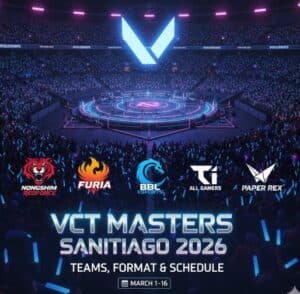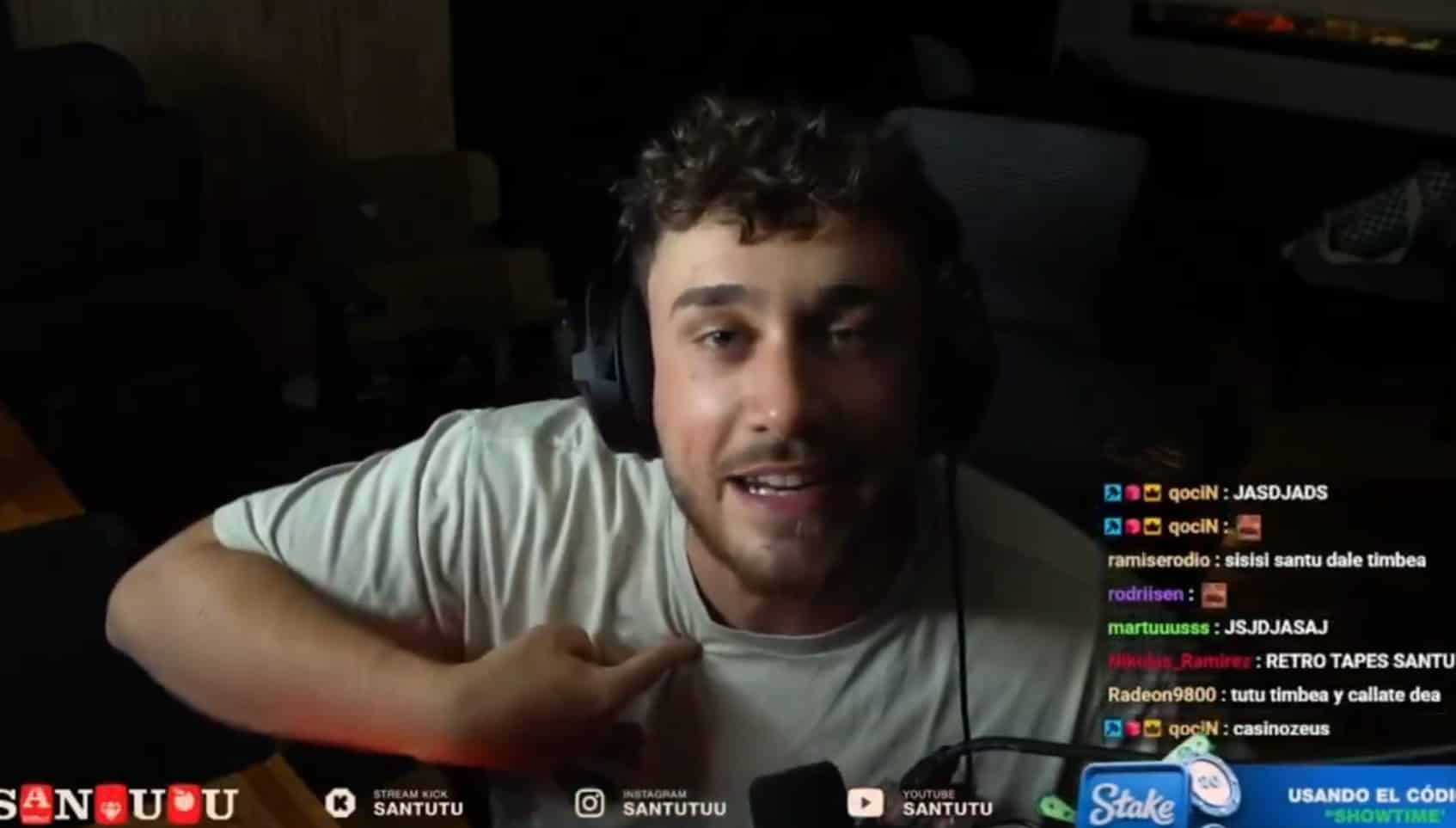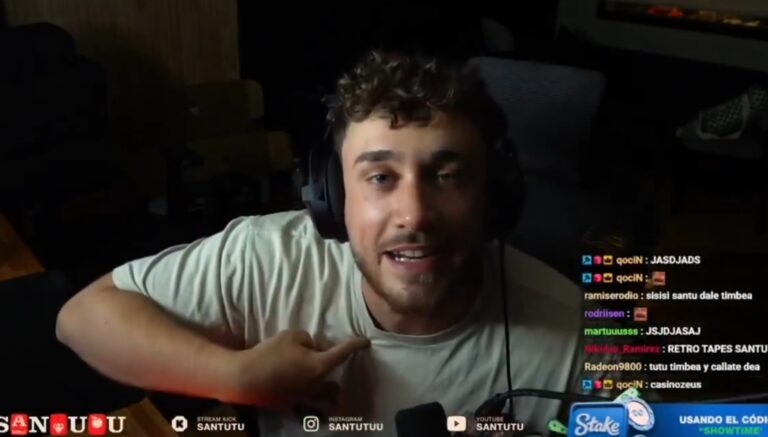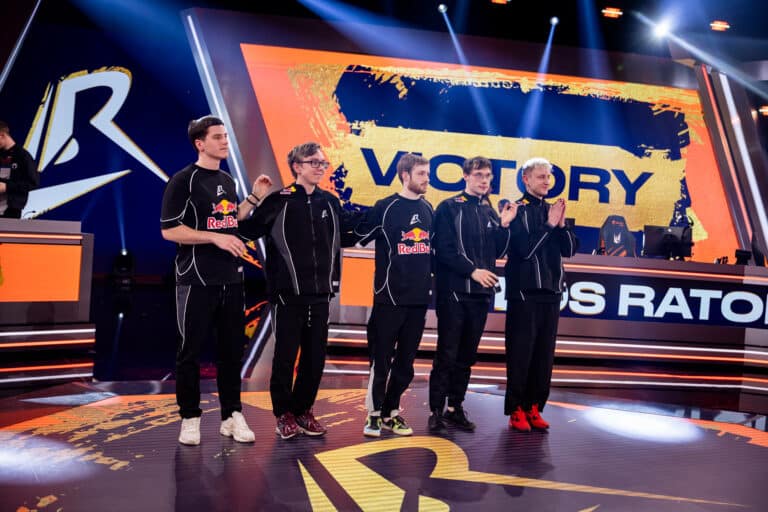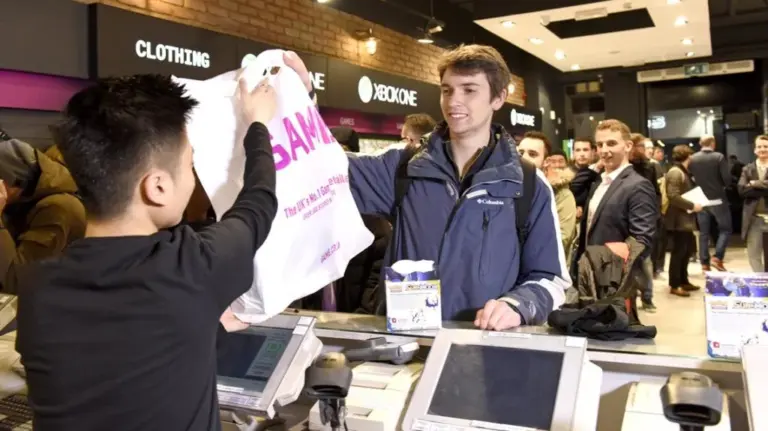StarLadder MRQ tournaments axed, Budapest Counter-Strike Major now invite-only
Hannah Marie ZT, Senior Editor
Last Updated: 12/06/2025
In a controversial move, all StarLadder MRQ tournaments have been cancelled.
MRQs – Major Regional Qualifiers – enable lower-ranked teams to qualify for Major tournaments, offering an opportunity to enhance their roster’s experience and support.
Why were the StarLadder MRQ tournaments cancelled?
Counter-Strike has a packed competitive calendar, with tournaments run by several separate organisers and broadcast companies. As a result, some competitions overlap with one another.
The Starladder MRQ dates were released on June 6th. Teams would have competed in these online qualifiers between October 16th and 19th.
📣 The road to StarLadder Budapest Major 2025:
— StarLadder CS2 (@StarLadder_CS) June 6, 2025
🗓️ MRQ dates: Oct 16–19
📩 Invites to MRQ drop Oct 8 via VRS (along with direct Major invitations)
📍 Regions: Europe, Americas, Asia
Only the best will advance — the journey to the trophy starts here.
🎟️ Tickets here:… pic.twitter.com/uTMikEcbgt
However, four other Counter-Strike tournaments have been planned over this period, including the Thunderpick World Championship, CS Asia Championship, Roobet Cup, and the Fall/Autumn MESA Nomadic Masters.
Three of these tournaments are offline. This means they are planned with potential ticketed audiences up to stadium-level.
As a result, Valve is prioritising pre-existing events. MRQs will no longer be held, and all 32 participants in the StarLadder Budapest Major will be selected through Valve’s Regional Ranking.
Valve justified the changes by claiming that hosting MRQs was becoming disruptive to the competitive calendar.
“One of the goals of the VRS is to standardize community events so that they can be integrated with the Majors. At this point we believe that a separate qualification process for the Major is both unnecessary and disruptive. Therefore, we’ve made the decision to cancel the Fall 2025 MRQs. Instead, the 32 teams participating in the Budapest Major will be invited directly from the VRS.”
– Valve, Counter-Strike 2 Publishers
Why are other tournaments being prioritised over MRQs?
The game generates substantial revenue from the sale of tournament tickets and in-game cosmetic items, such as stickers. These two income streams go hand-in-hand with Counter-Strike LANs and Majors.
MRQs are held online and do not have in-game cosmetics associated with competition. Therefore, they do not tap into either of these money-making avenues for Valve.
BLAST Austin Major 2025 stickers have been released ‼️ pic.twitter.com/JZFZw8oZvQ
— Counter-Strike News (@TheCSTimes) May 23, 2025
Alongside this, teams are more likely to attempt strategic participation. If they feel they have a stronger chance of qualifying for the next Major than winning a tournament they have already qualified for, they may drop one for the other.
Cancelling the Starladder MRQs is cited by Valve as a decision that impacts the entire CS2 competitive ecosystem this season. It is unclear whether Valve will remain committed to this decision for future Majors following community backlash.
Fans react with disappointment and anger
The Counter-Strike community overwhelmingly opposes Valve’s decision to cancel MRQs.
Some fans have called the move “a step in the wrong direction,” or even “a huge step backwards.” Others are mourning the loss of “Small teams with big dreams giving it all to be at the top.”
I need to say this because it is affecting my team, my life, our org and its future.
— SaVage (@SaVagecs_) June 12, 2025
Firstly @CounterStrike deleted the RMR quals (the heart of cs), then decide 6 days after announcing the MRQs they decide to delete them too? There are constant and blatant problems with VRS…
Currently, the BLAST Austin Major is in progress. Several Stage One and Two highlights have been low-ranked teams defeating high-ranked counterparts, creating engaging and exciting underdog stories.
China’s surprise success story in Austin, Lynn Vision, has even impacted the personal lives of players, catapulting them into the spotlight.
Smaller regions, such as China, may struggle after the loss of MRQs. Previously, pre-tournament qualifier opportunities ensured a more balanced regional representation.
The new invite-only system doesn’t allow smaller regions the same opportunity to gain Major representation, community building, or viewership.
Valve has decided to kill MRQ (Major Regional Qualifier) which means there will be fewer underdogs and Tier-2 teams in the Major, this will also make less regional representation.
— Thour (@ThourCS2) June 12, 2025
MRQs ensured each region had slots to fight for, that will be gone.
Bad decision ‼️
The Valve Ranking System was created to eventually replace the MRQ system. Nevertheless, the overarching consensus is that the system is not yet mature enough to become the default qualification route.
Lower-tier competition requires additional support to enhance rank mobility; otherwise, underdog teams will miss numerous opportunities to succeed.
Hannah Marie ZT, Senior Editor
Hannah is a journalist specialising in the esports, gaming, and technology sectors. Working for outlets such as Dot Esports, Esports Insider, and of course ENUK, she has developed a love for wider esports, Apex Legends, and advocating for women's esports initiatives. You may have seen her at various esports and gaming events, including ALGS LANs, ESI London, EGX, and watch parties.
Stay Updated with the Latest News
Get the most important stories delivered straight to your Google News feed — timely and reliable





From breaking news and in-depth match analysis to exclusive interviews and behind-the-scenes content, we bring you the stories that shape the esports scene.
Monthly Visitors
User Satisfaction
Years experience
Latest Counter-Strike 2
